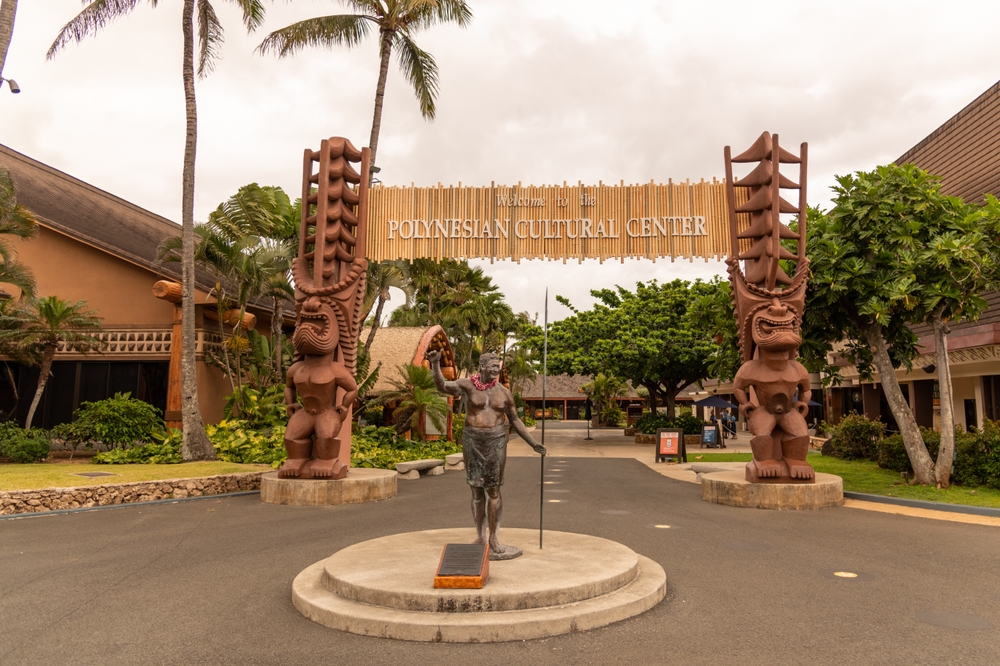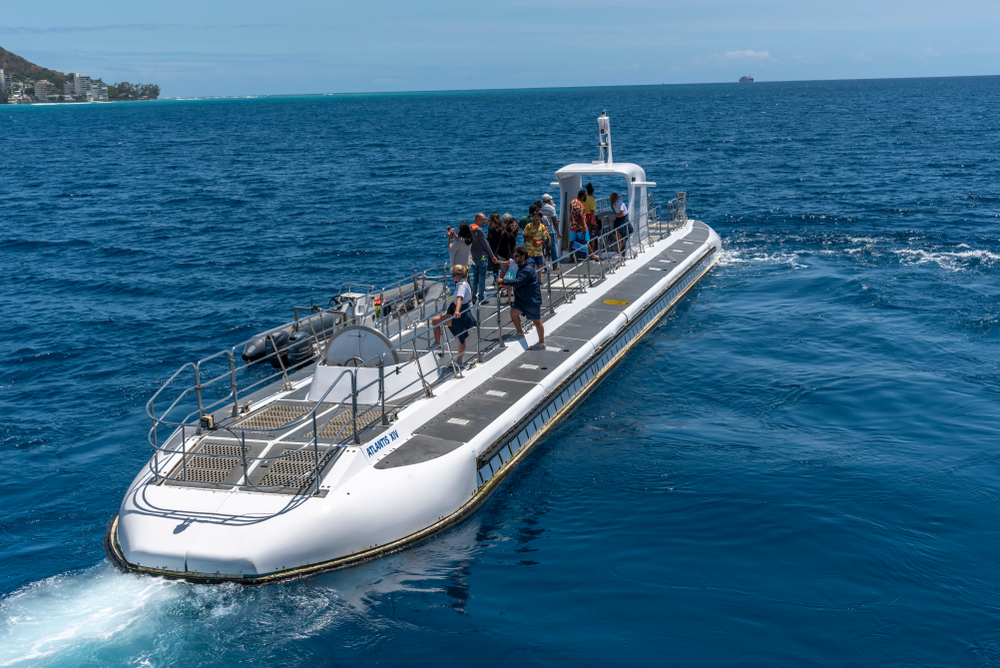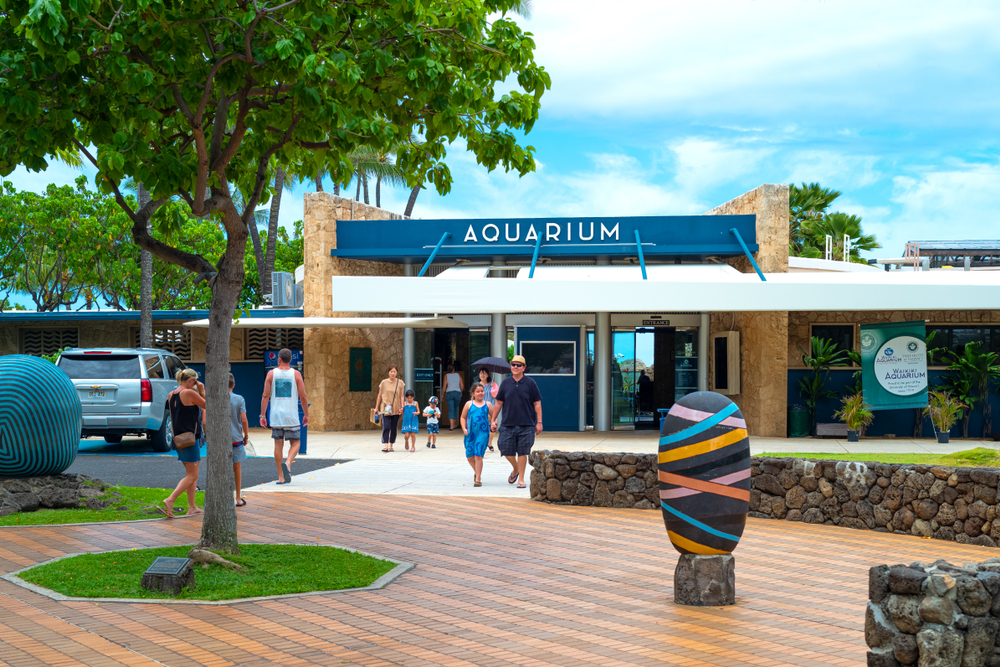Law enforcement agencies across Honolulu are intensifying their efforts to combat drunk driving through a comprehensive enforcement strategy that combines increased patrols, strategic checkpoints, and innovative detection methods. The Honolulu Police Department, in collaboration with federal and state agencies, has launched an ambitious campaign that will run through September 2025, with special emphasis during the holiday season from November 2024 through January 2025. This enhanced enforcement period represents a significant commitment to public safety and demonstrates the seriousness with which authorities are approaching the persistent challenge of impaired driving. The implementation of these measures comes at a crucial time, as historical data shows an uptick in alcohol-related incidents during festive seasons, making it imperative for law enforcement to maintain a strong presence on the roads.
The enforcement strategy encompasses multiple layers of protection for the community, with sobriety checkpoints serving as a cornerstone of the initiative. These checkpoints, strategically positioned throughout the city at unannounced locations and times, allow officers to screen drivers for signs of impairment efficiently and effectively. The checkpoints are staffed by specially trained officers who are equipped with advanced detection equipment and are well-versed in identifying signs of both alcohol and drug impairment. This comprehensive approach ensures that enforcement efforts address not only traditional alcohol-related offenses but also the growing concern of drugged driving, including impairment from marijuana and prescription medications. The implementation of these checkpoints has already shown promising results in deterring potential offenders and identifying those who choose to drive while impaired.
The multi-agency collaboration supporting this initiative brings together resources and expertise from various law enforcement entities, creating a robust network of enforcement capabilities. The federal “52/12” sobriety checkpoint program provides the framework for these operations, ensuring consistency and effectiveness in implementation. Local law enforcement agencies work in close coordination with state and federal partners, sharing intelligence, resources, and best practices to maximize the impact of their efforts. This collaborative approach allows for more efficient allocation of resources and enables agencies to cover a wider geographic area, making it increasingly difficult for impaired drivers to avoid detection. The partnership between agencies also facilitates the sharing of data and analytics, helping to identify patterns and trends that inform deployment strategies.
The impact of drunk driving extends far beyond the immediate consequences of arrest and legal penalties, affecting entire communities and leaving lasting scars on families who lose loved ones to these preventable tragedies. Statistics consistently show that impaired driving remains one of the leading causes of traffic fatalities, with holiday periods seeing a particularly troubling spike in incidents. The economic cost of drunk driving accidents, including medical expenses, property damage, and lost productivity, reaches into the billions of dollars annually. Beyond the financial impact, the human toll is immeasurable, with families and communities forever changed by the senseless loss of life. These sobering realities underscore the importance of maintaining aggressive enforcement efforts and continuing to educate the public about the dangers of impaired driving.
The enforcement campaign includes a strong emphasis on public education and awareness, recognizing that prevention is as crucial as enforcement in addressing this issue. Law enforcement agencies have developed comprehensive communication strategies to inform the public about the increased enforcement activities and to provide resources for making responsible choices. The Honolulu Police Department regularly updates its online platforms with safety tips and information about enforcement activities, ensuring transparency and encouraging community participation in prevention efforts. These educational initiatives are designed to reach diverse audiences through various channels, including social media, traditional media outlets, and community outreach programs. The messaging emphasizes personal responsibility and provides practical alternatives to impaired driving, such as designating sober drivers, using ride-sharing services, or relying on public transportation.
Community involvement plays a vital role in the success of these enforcement efforts, with law enforcement agencies actively encouraging public participation in keeping roads safe. Citizens are urged to report suspected impaired drivers, providing an additional layer of surveillance that complements official enforcement activities. The program emphasizes the importance of community vigilance and promotes a shared responsibility for road safety. Law enforcement agencies have established dedicated hotlines and simplified reporting procedures to make it easier for citizens to report suspicious driving behavior. This partnership between law enforcement and the community creates a more comprehensive approach to detection and prevention, significantly increasing the likelihood of identifying and stopping impaired drivers before accidents occur.
The zero-tolerance approach adopted by law enforcement sends a clear message about the seriousness of impaired driving and the consequences that offenders will face. Officers are thoroughly trained in detecting various forms of impairment and are equipped with state-of-the-art testing equipment to provide accurate and legally defensible evidence of intoxication. The enforcement strategy includes both visible deterrence through marked patrol cars and checkpoints, as well as covert operations using unmarked vehicles and plainclothes officers. This comprehensive approach ensures that impaired drivers face a high risk of detection regardless of the time or location, serving as a powerful deterrent to those who might consider driving while impaired.
For individuals seeking additional information about impaired driving prevention and statistics, several organizations provide comprehensive resources and support. Mothers Against Drunk Driving (MADD) offers extensive educational materials and advocacy programs aimed at preventing impaired driving and supporting victims. The National Highway Traffic Safety Administration maintains detailed statistics and research on impaired driving trends and prevention strategies. The DUI Education Resource Center provides valuable information about the legal and personal consequences of impaired driving, as well as resources for those seeking help with alcohol-related issues.
For more information about impaired driving prevention and statistics, visit:
– Mothers Against Drunk Driving (MADD)
– National Highway Traffic Safety Administration:
– DUI Education Resource Center



